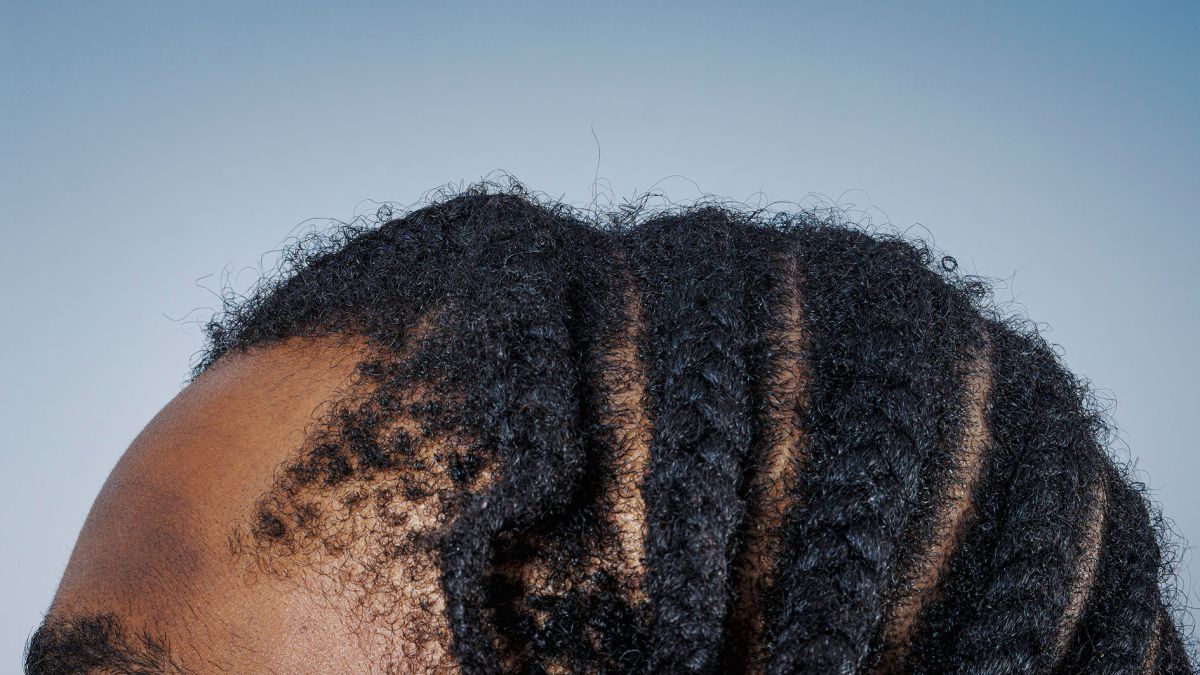Praying with Braided Hair
Shaykh Muḥammad ibn ʿUmar Bazmūl


The meaning of the Ḥadīth is that if his hair is loose then it will fall upon the ground when in Sajdah.
When the person prays and the hair of his head is braided, meaning tied up, what is the ruling of his prayer? We say when the person prays with his hair braided then the prayer which he prayed is deficient in terms of reward. And that is as it relates to the male and not the female. This is from the rulings specific to the men. And what is intended by Al-ʿAqs العقص is the braiding of the hair on the head. So he who prays with his hair braided then his prayer is deficient in terms of reward. And the prohibition of the individual praying with his hair braided is affirmed. However, this prohibition, according to the scholars, is one of dislike and not one of forbiddance because the Messenger (ṣallallāhu ʿalayhi wa-sallam) did not command the man who prayed with his hair braided to repeat his prayer. And if what was intended was a prohibition of forbiddance, then that would have necessitated invalidity, and that would have necessitated that he commanded him to repeat his prayer. Since he did not command him with that then that indicates that this prohibition is one of dislike and not one of forbiddance. al-Albānī commented upon his statement “Ma’qoosan”, or braided, within the Ḥadīth; in the footnote of the Prophet’s Prayer Described (by saying): “Meaning tied up or braided.” Ibn al-Atheer said: “The meaning of the Ḥadīth is that if his hair is loose then it will fall upon the ground when in Sajdah. Hence, the person will receive the reward for his hair prostrating with him. However, if his hair is braided, then it does not prostrate. He likened him to one that was chained, and this is one whose hands are bound behind his back because they (i.e. the hands) touch the ground in Sujood.” al-Albānī said: “It is apparent that this ruling is specific to the men and not the women, as Ash-Shawkaanee has transmitted on the authority of Ibn al-Albānī.”
Translated by: Raha ibn Donald Batts

















